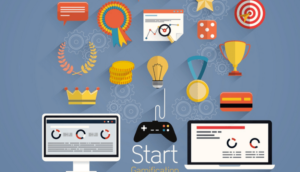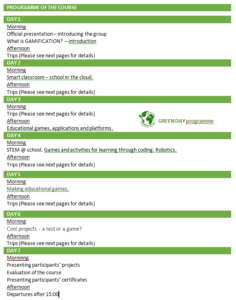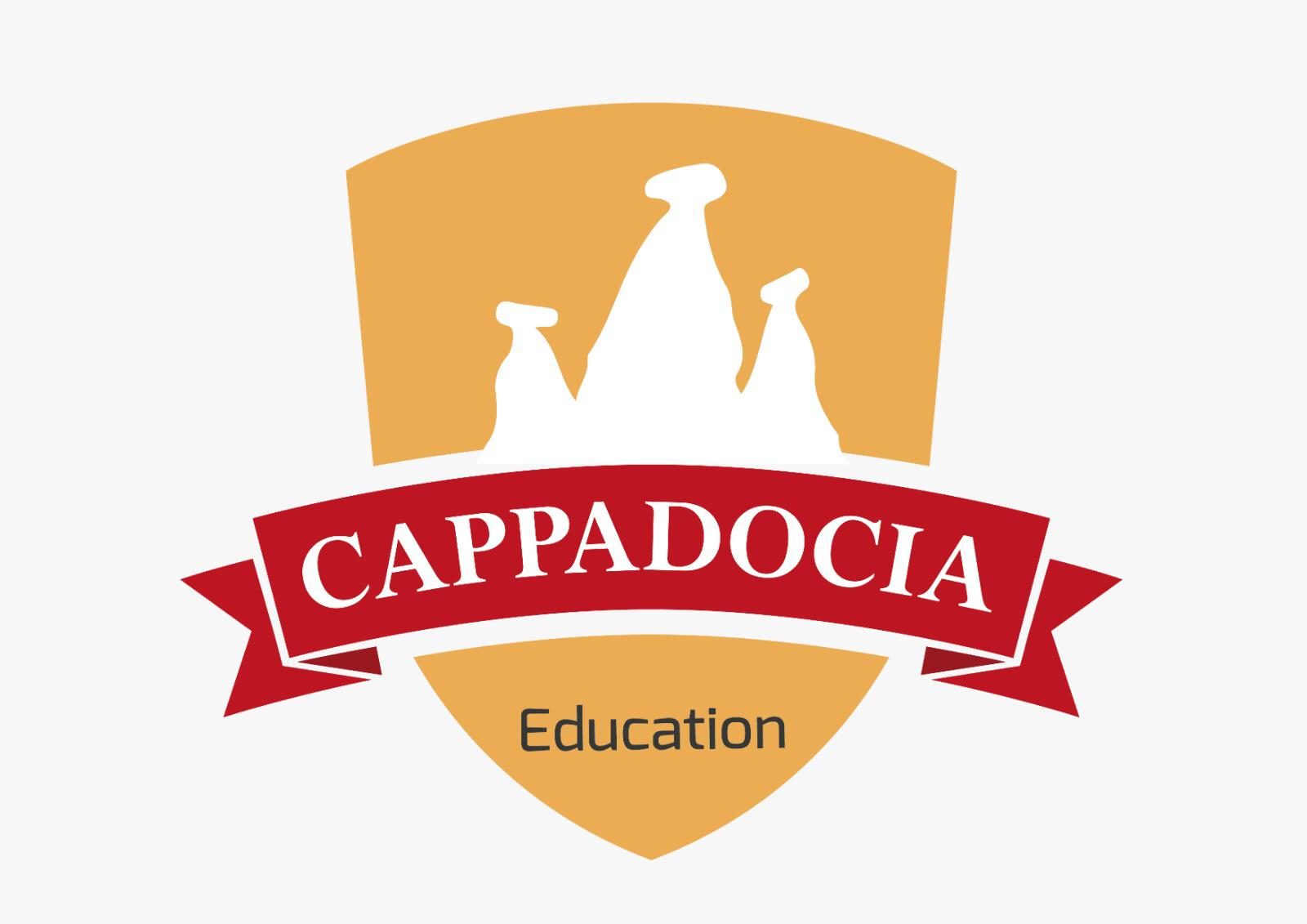
Games promote situated learning, or in other words, learning that occurs in groups of practice during immersive experiences. Oftentimes, playing games are the first method children use to explore higher-order thinking skills associated with creating, evaluating, analyzing, and applying new knowledge.
Games have many elements that make them powerful vehicles for human learning. They are commonly structured for players to solve a problem; an essential skill needed for today and tomorrow. Many games promote communication, cooperation, and even competition amongst players. Some of the most immersive games have a rich narrative that spawns creativity and imagination in its players. Finally, depending on how they are designed, games can both teach and test their players. They are incredible packages of teaching, learning, and assessment.
The structural elements of games are also especially suited to serve this current generation of learners. Commonly known as gamification, this approach of adding game elements such as storytelling, problem-solving, aesthetics, rules, collaboration, competition, reward systems, feedback, and learning through trial and error into non-game situations has already experienced widespread implementation in such fields as marketing, training, and consumerism with rampant success.
In the education realm, gamification is starting to pick up steam. The potential for gamification is to spread to more and more classrooms is a forgone conclusion. There are also pockets of educators in the teaching landscape that are designing their own ‘”gamefully-designed” learning environments. Games are great at resolving several common classroom issues such as: student participation/talk time, student engagement, differentiation, data tracking, and increasing student achievement.
While students are collecting points, leveling up, and competing against each other, teachers are collecting data, tracking progress, and tailoring the rules, rewards, and quests to build positive class culture while pushing student achievement. Students become eager to participate in the activities that they need to do to improve, and when students buy-in, they make school a game worth playing.

COURSE SESSIONS
| DATE | LOCATION |
| 10-16 January, 2022 | Varna, Bulgaria |
| 05-11 February, 2022 | Istanbul, Turkiye |
| 04-10 March, 2022 | Istanbul, Turkiye |
| 11-17 April, 2022 | Milan, Italy |
| 02-08 July, 2022 | Istanbul, Turkiye |
| 09-15 July, 2022 | Istanbul, Turkiye |
| 08-14 August, 2022 | Thassos Island, Greece |
| 15-21 October, 2022 | Thassos Island, Greece |
| 13-19 November, 2022 | Cologne, Germany |
| 29 November – 5 December, 2022 | Milan, Italy |

